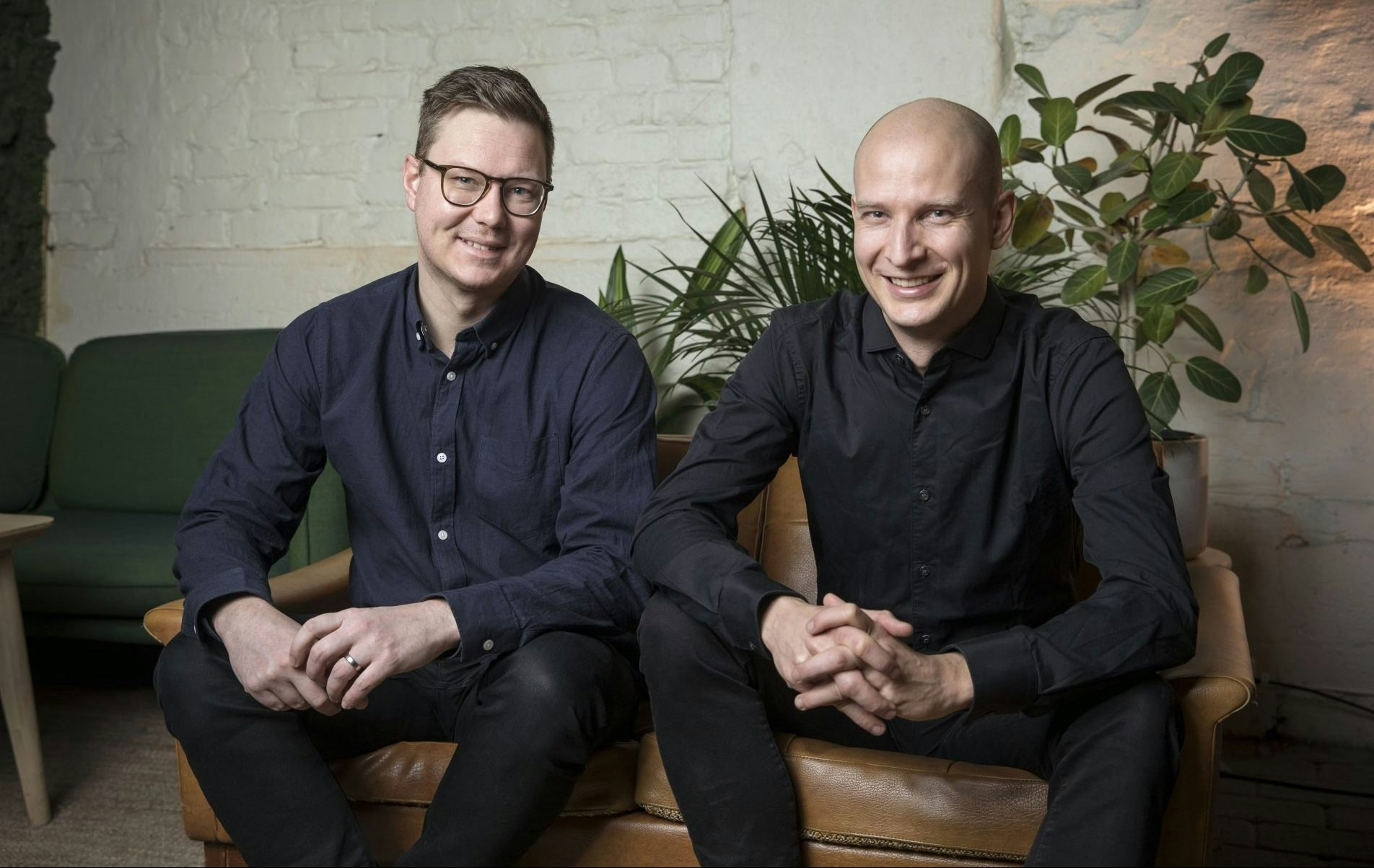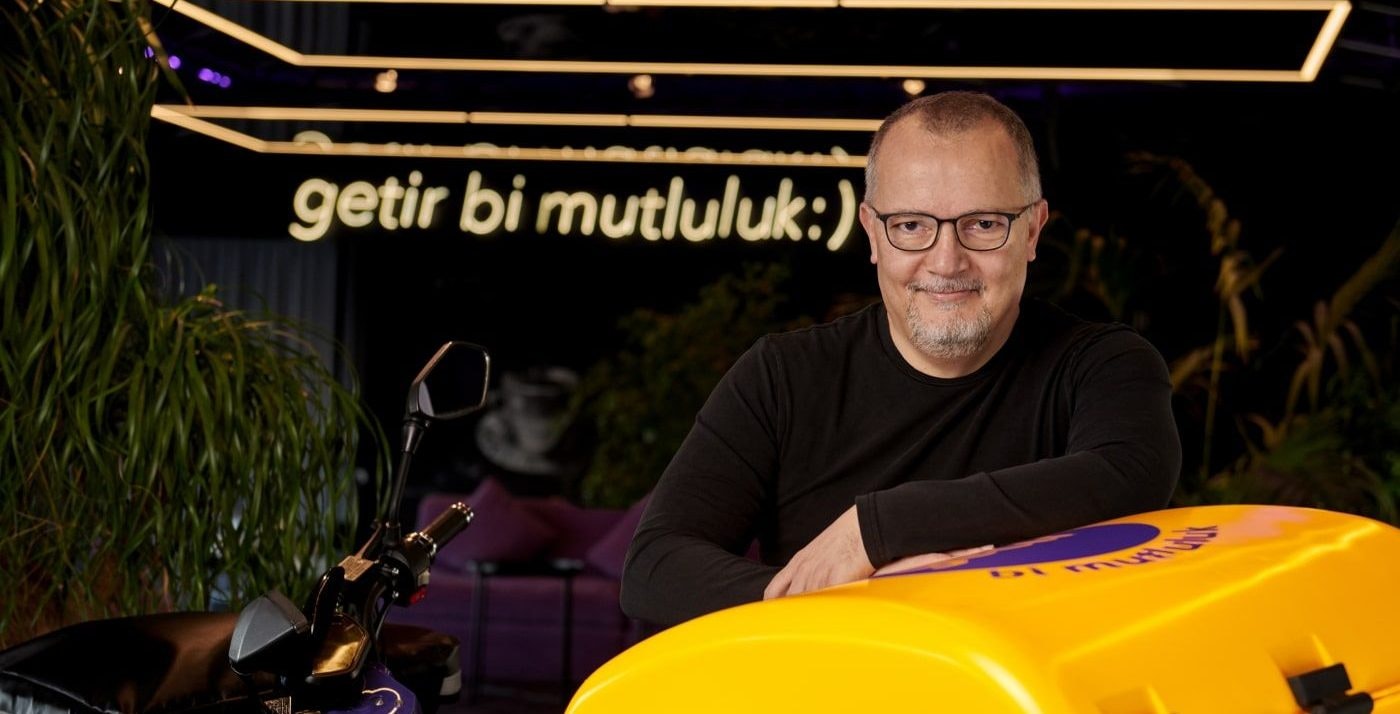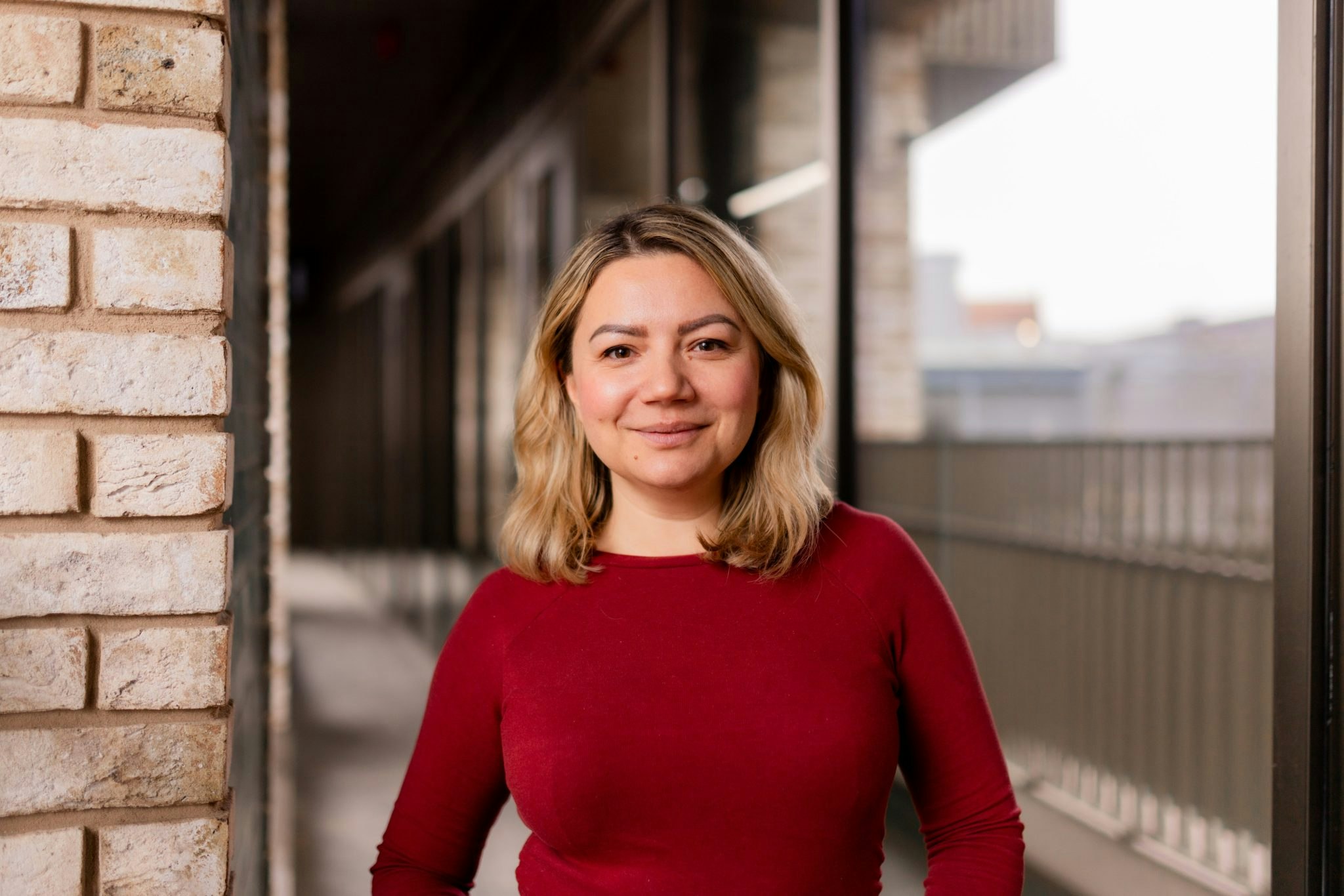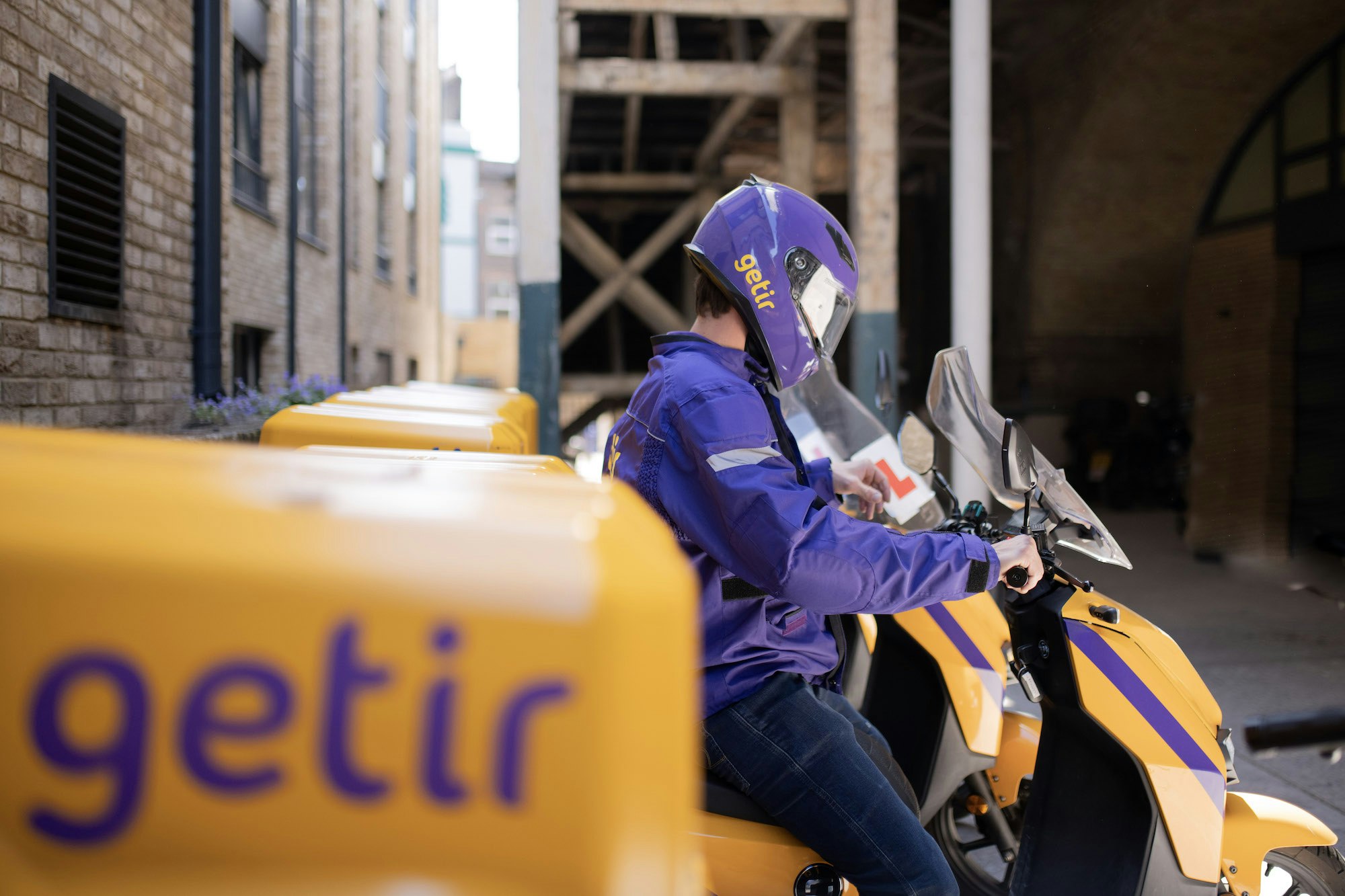The Swedish-Norwegian smart energy startup Tibber has raised $65m, equivalent to €55m, to expand its novel approach to household energy to new European markets.
The selling point of Tibber is that it has a bot that looks for the lowest electricity prices at any point in the day and provides real-time analytics on energy usage — in principle making it possible for consumers to buy the cheapest renewable energy at any given time.
The four-year-old company is backed by big-name investors such as San Francisco-based Founders Fund — known for their early investments in Spotify, Facebook, SpaceX, Airbnb and Stripe — as well as Eight Roads Ventures and Balderton Capital.
With this new capital injection and 100,000 households already onboard, it is now expanding to more European countries.
“We started by scaling the product in Sweden and Norway in 2018 and 2019. In June this year, we launched with an open beta in Germany,” says the cofounder and chief executive Edgeir Vårdal Aksnes. “Summer is typically not the best time for us but we got immediate traction. Now, four months on, we are on the same level in Germany that it took us two years to get to in Norway and Sweden.”
With the new funding, Tibber will soon launch in the Netherlands.

The funding round of Tibber is divided into an equity funding round as well as a private debt part of $35m secured through the Nordic bank Nordea. The equity funding round of $30m is led by Eight Roads Ventures and Balderton Capital, with existing investors Founders Fund and the Norwegian hotel billionaire Petter Stordalen.
The reason to split the round in two was to differentiate between the money raised for growth — equity from venture capital — and the money needed to increase Tibber’s working capital — the capital provided by the bank.
“When you grow you need to have working capital. With a growing number of customers, we will have much more revenue, so it’s about financing that in a way that makes sense.”
“In this way, we believe that we are making a model that scales much better. We should never underestimate how much capital you need and we expect revenues in the range of 1.5 to 2bn SEK next year.”
A sector run by “dinosaurs”
The energy sector has long been seen as pretty dull and it is only recently that venture capitalists have started to see the opportunities in the sector, backing companies such as Bulb, Octopus Energy and Climeon.
It is an industry dominated by very old companies.
“We call them dinosaurs. They basically have never won their customers — they have inherited them through decades of history,” says Vårdal Aksnes. “And now they say this sector is boring, but it is not. For 100 years ago energy or electricity was one of the most magical things that existed in terms of innovation. Then all of these big companies entered the market and actually made it boring.”
Similar to the insurance company Hedvig, Tibber has a policy not to make a profit on energy prices but instead charge a flat fee of approximately €3.50 a month. By offering customers renewable energy for purchasing price, Tibber is often cheaper than its competitors. With its app, and other smart devices that it sells through its online shop, it wants users to reduce the electricity consumption at home.
“The devices that we sell on our platform [make up] about 30-40% of our business now,” says Vårdal Aksnes.
Smart appliances
The company never thought the online shop would be such a revenue driver for the business. Tibber now has about 100 products for sale on its site.
“We figured that we need to make the smart devices more accessible to make it possible for people to upgrade their home and make the energy usage lower,” says Vårdal Aksnes. “In the Nordic countries, I believe that roughly 25% of homes have a device or equipment that you can control from your telephone and that has the capability to turn energy, or electricity, on and off.”
The online shop is just one of many side businesses that Tibber has started — but not all of them have been successful. In 2017, the company was about to launch a battery project called Solarset, that would make it possible to store and sell electricity to neighbours, but it did not quite work
“We tried some messing around with a battery and then we killed it off because it didn't fly,” says Vårdal Aksnes.
But he adds that the idea of the battery is not far from what they achieve today.
“This is about the core of Tibber, that is not just about purchasing green energy at low prices but it's also to connect your electric car, your solar installation and your heating systems,” says Vårdal Aksnes.
“When you do that, our algorithm starts to work together with all of this equipment so that basically turns your home into a battery so you're able to utilise energy at the best possible hours and you're also able to reduce energy consumption.”
Making our homes greener
The Tibber team believe that energy companies should take a bigger responsibility for our planet. The startup, which was one of the 100 Nordic impact startups picked out by the Norrsken Foundation last year — has set an ambitious target to reduce the electricity consumption of European households by 20%.
“This is an important matter. This sector has so much impact on how the planet is going to look like in some decades. And I feel that the responsibility has totally been neglected by the sector for a long time,” says Vårdal Aksnes.



